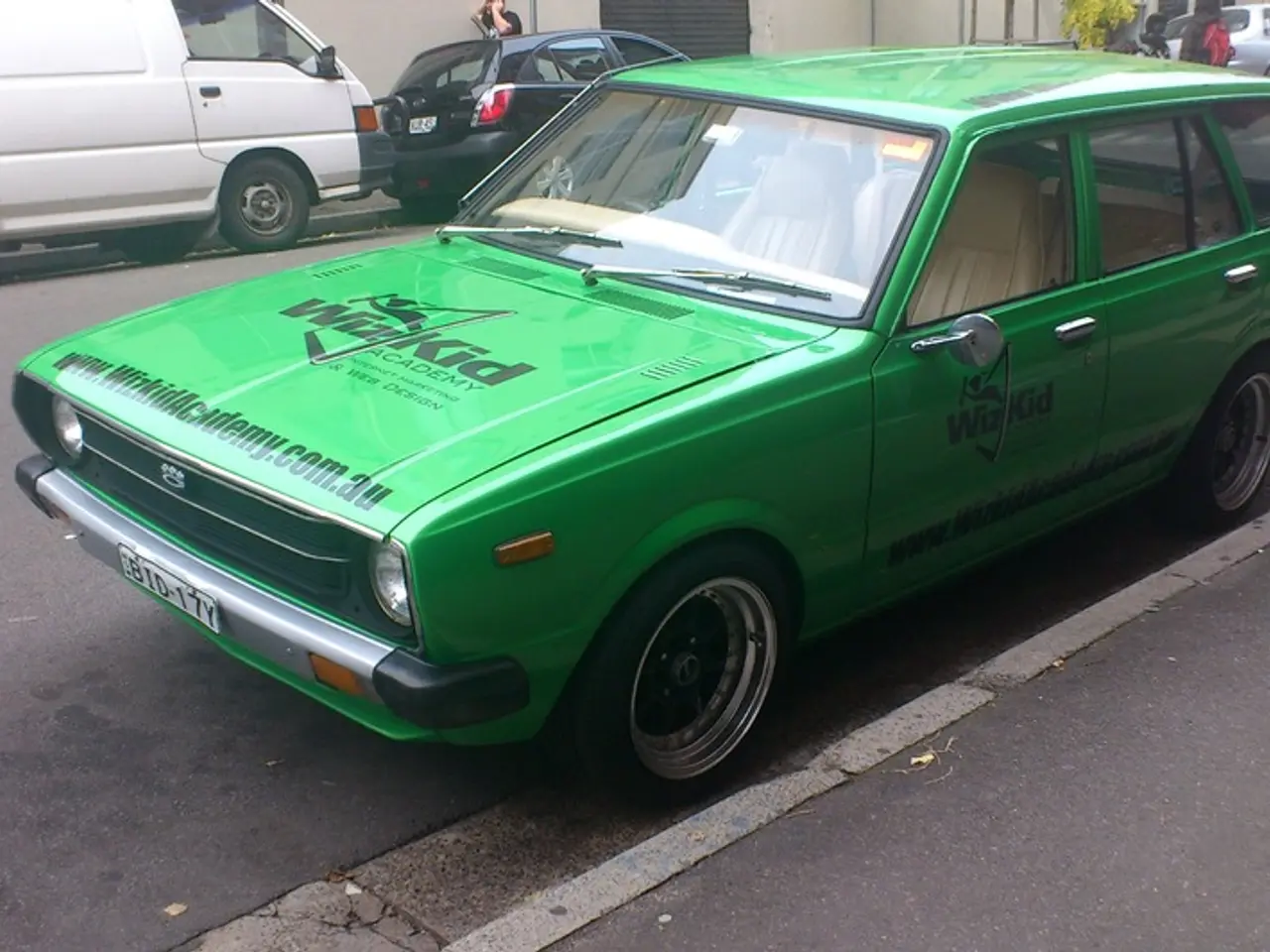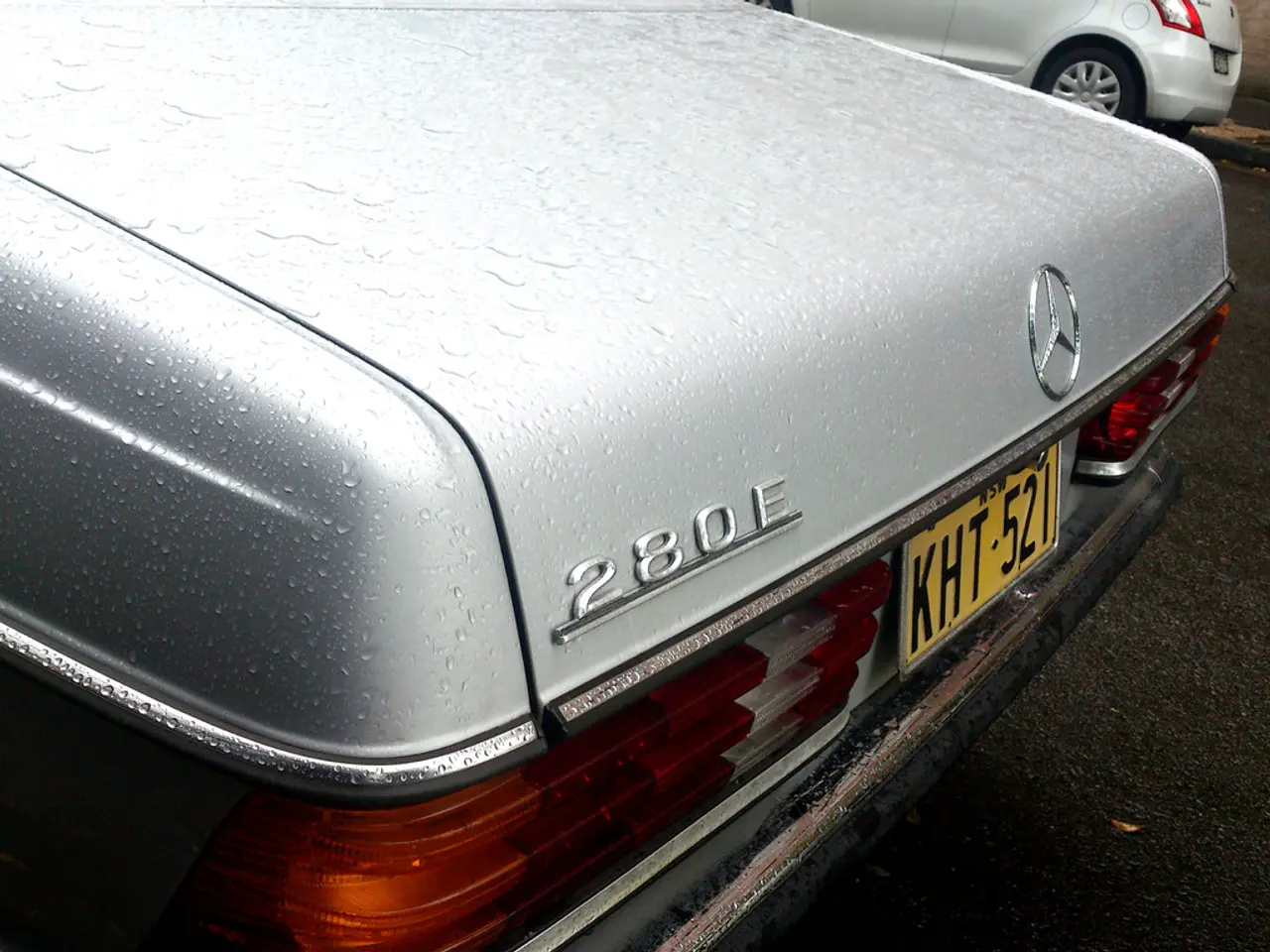EU's Commitment to Trade Harmony with Trump Post-NATO Agreement: Limits Tested?
Europe in a race against time to strike a deal with Trump
Brussels, Belgium: The EU is in a crunch to seal a trade pact with Donald Trump before July 9, or face hefty tariffs on the majority of its goods. The clock is ticking, and European leaders are urging a speedy resolution.
President Emmanuel Macron, France's top dog, expressed support for a swift agreement, stating emphatically, "France is in favor of reaching a quick agreement, we don't want it to drag on forever." But don't be mistaken, Macron added that the EU does not want to strike a deal at any cost.
Germany's Chancellor Friedrich Merz echoed Macron's sentiments, emphasizing the need for a rapid deal amidst the potential for an unbalanced outcome — even if it meant accepting some level of US tariffs on EU goods. Merz proclaimed boldly, "It's better to act quickly and simply than slowly and in a highly complicated way."
As the EU weighs its options, it has floated a zero-percent tariff proposal. However, experts suggest that this proposal might not be well-received in Washington.
According to a few insiders, EU leaders might opt for a "Swiss cheese" agreement, whereby a general US duty level would be imposed on European imports, yet key sectors like auto, pharmaceuticals, aeronautics, and steel could dodge tariffs. This approach would be less painful than the current 25-percent tariffs on steel, aluminum, and auto goods exported to the States, as well as the 10-percent tariffs on the majority of EU products.
In preparation for trade talks, the EU has been seeking to simplify its approach, with Merz critiquing the EU negotiating style as excessively complex and demanding "rapid, joint decisions for four or five major industries now." The summit dinner following the leaders' meeting in Brussels proved to be a platform for von der Leyen to test leaders' non-negotiables in the upcoming negotiations.
If no deal ensues, the default tariff on EU goods is projected to escalate to a 20-percent hike, or even higher, as Trump flirted with the idea of a 50-percent levy earlier. White House Press Secretary Karoline Leavitt hinted that the administration could extend the July deadline, but this is ultimately up to President Trump to decide.
Unlike Canada or China, which retaliated promptly to Trump's tariff increases, the EU has continuously opted for pragmatic negotiation and tempered threats to head off a full-blown trade war with Washington. Belgian Prime Minister Bart De Wever underlined the EU's approach, "We will not allow ourselves to be provoked. We will remain calm."
Trump continues to divide EU leaders, with some like Hungarian Prime Minister Viktor Orban and Italy's Prime Minister Giorgia Meloni openly supporting the US President, while others exhibit reservations. Eastern European countries, particularly pro-trade nations in the north, are keen to avoid a trade war escalation.
The EU has threatened to retaliate against US goods valued at approximately 100 billion euros, including cars and planes, should negotiations fail. However, EU officials have been relatively quiet on these threats since May.
The US is utilizing the trade negotiations as a platform to demand concessions, particularly concerning EU rules on digital competition, content, and AI regulations, which Washington claims unfairly target American champions like Apple, Google, and Meta. The EU is prepared to discuss common transatlantic standards, but its digital rules remain a firm line in the sand for Brussels.
- The world is watching as news unfolds about the race-against-time negotiations between the EU and the United States, particularly regarding policy-and-legislation on trade pacts.
- In the realm of finance and business, the EU faces a potential influx of tariffs on its goods if a deal with the US isn't struck by July 9, which could negatively impact both parties.
- As politics come into play, leaders like Emmanuel Macron and Friedrich Merz are pushing for a speedy resolution to the trade deal, although they stress the need for a fair agreement over an agreement at any cost.
- In the general news, the EU is considering various strategies, including a "Swiss cheese" agreement and a zero-percent tariff proposal, to avoid hefty tariffs on its goods and potentially escalating trade tensions with the US.




